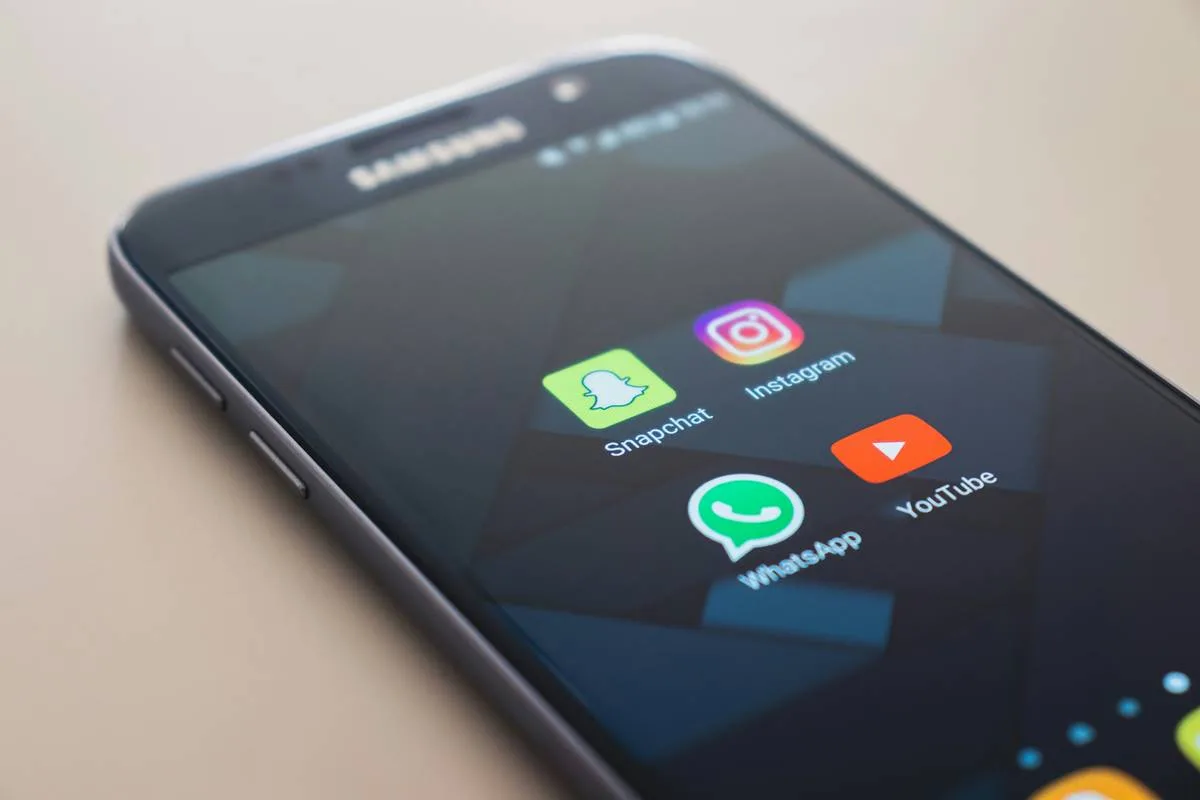The Sindh High Court (SHC) has ordered uninterrupted internet access for citizens until February 8, ahead of general elections. The court restrained authorities from suspending internet services and requested responses by January 29.

The order comes in response to a petition filed against frequent internet suspensions human rights activist Jibran Nasir. It is pertinent to mention that political canvassing has triggered recent internet outages, including social media platforms like Facebook and Twitter.
Pakistan Telecommunication Authority (PTA) blamed the internet service disruption on a “technical fault” in its optic fiber network. Taking to Twitter, PTA wrote, “The recent disruption in internet services was caused by a technical fault, which has been promptly rectified.”
According to Downdetector.pk, the internet services in Pakistan were not only disrupted for social media platforms, but even Google services were degraded throughout this time.
A report by the Institute of Research, Advocacy, and Development (IRADA) reveals deteriorating state-media relations due to censorship, violence against journalists, and government disdain for critical media. The report, “Under Siege,” highlights the PTA blocking 1.1 million URLs and 187 mobile apps, with 200,000 linked to contempt of court, defense of Pakistan, or hate speech.
The Pakistani government issued content removal requests to Google, Meta, TikTok, and X (formerly Twitter). Between January 2021 to June 2022, Meta restricted access in Pakistan to 12,001 items, reported by the PTA for alleged local law violations.
The text emphasizes challenges to freedom of expression and information, outlining legislative, judicial, and executive actions stifling media freedoms. The court’s order seeks to address concerns over internet interruptions during a crucial political period. The PTA’s acknowledgment of a technical fault and subsequent restoration of internet services are part of ongoing tensions between the state and media.









